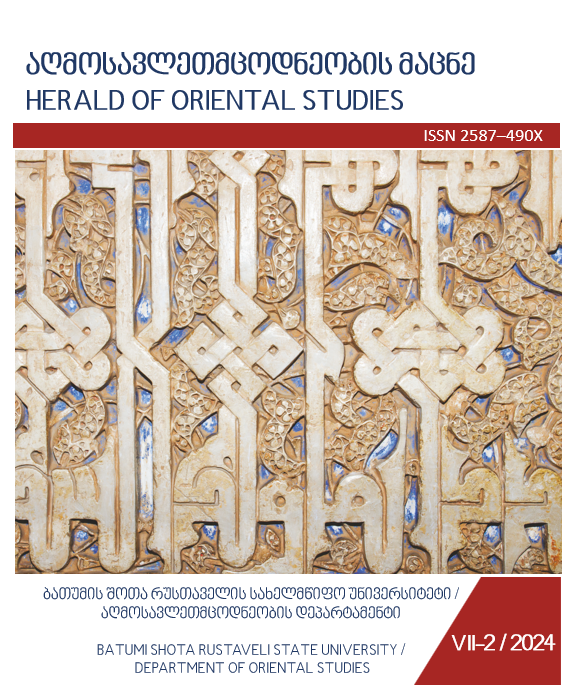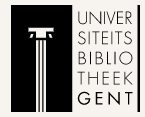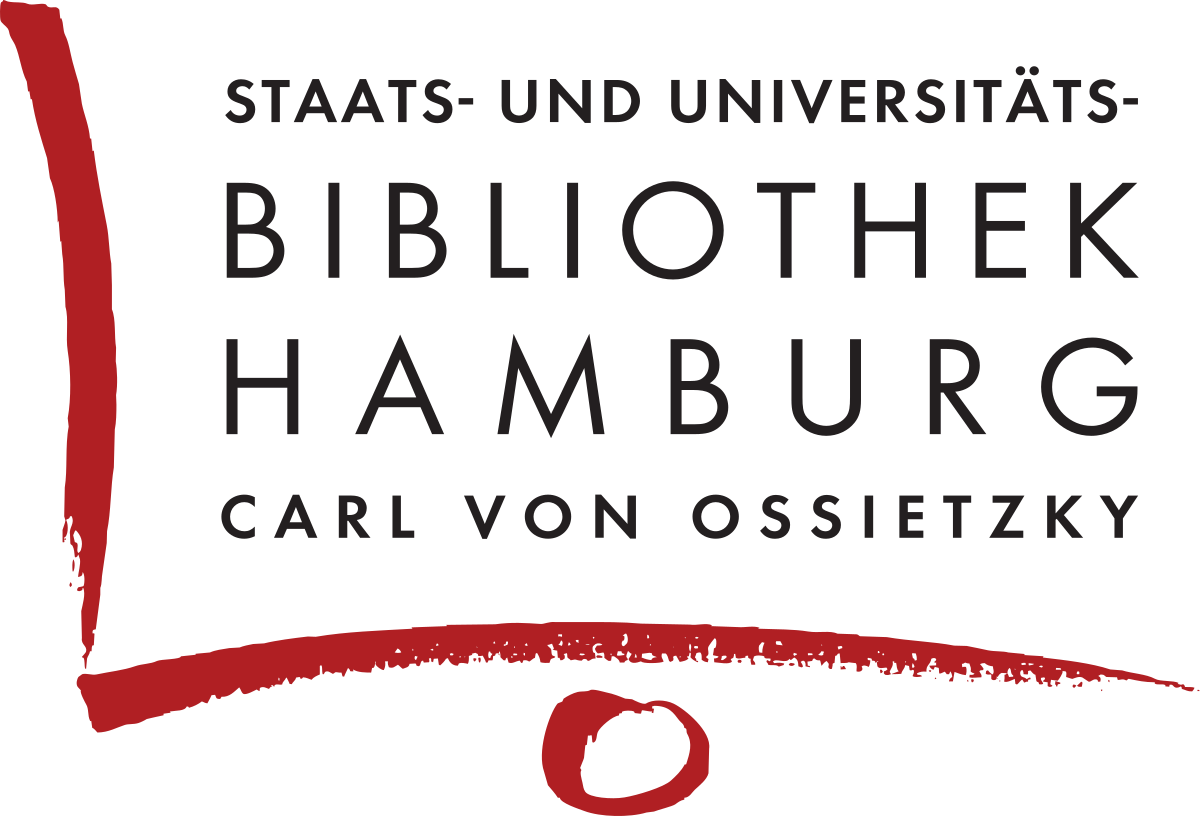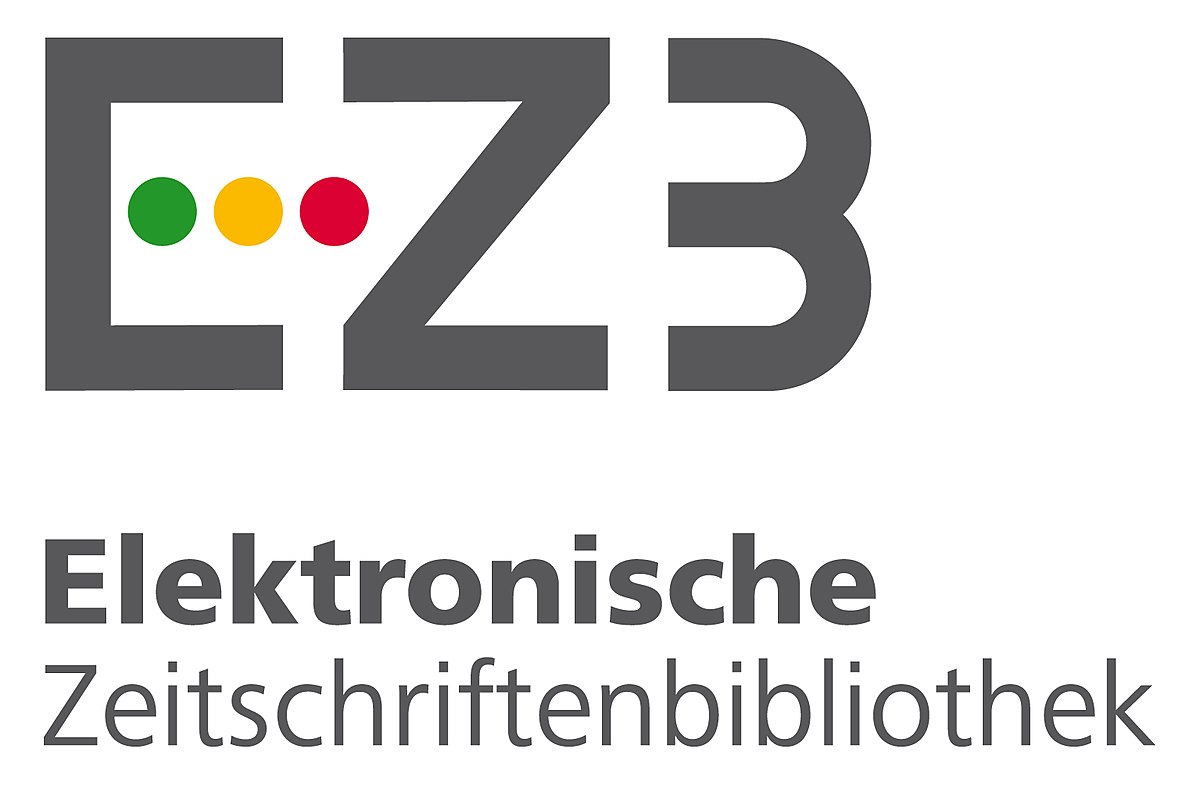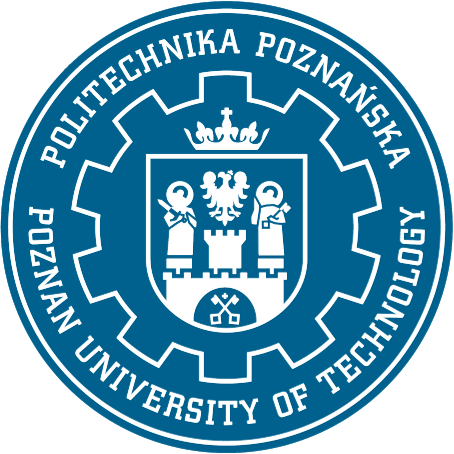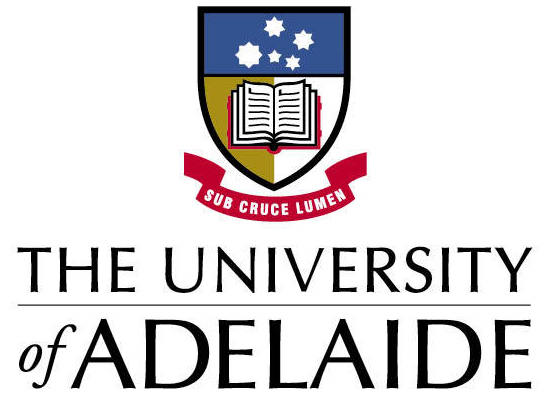ბერ-ძირიანი გვარსახელები აჭარაში
DOI:
https://doi.org/10.61671/hos.7.2024.8299საკვანძო სიტყვები:
ქართული ენა, აჭარა, ბერი, ლექსიკა, სემანტიკა, გვარსახელი, სტრუქტურა, წარმოებაანოტაცია
გვარსახელების შესწავლა მჭიდრო კავშირშია ქართველი ერის ისტორიულ, ენათმეცნიერულ და ეთნოგრაფიულ მონაცემებთან.
წინამდებარე სტატიის კვლევის მიზანს წარმოადგენს, აჭარაში გავრცელებული ბერ-ძირიანი გვარსახელების გამოვლენა, აფიქსების საშუალებით პირსახელებიდან გვარების წარმოების, მათი სტრუქტურის, სემანტიკისა და ეტიმოლოგიის შესწავლა.
კვლევა ემყარება ძველი და თანამედროვე ქართული ენის ტექსტებს, ლექსიკონებს, დიალექტურ მონაცემებს, ისტორიულ - ეთნოგრაფიულ დოკუმენტებსა და სამეცნიერო ლიტერატურის დიაქრონიულ ანალიზს.
საანალიზო მასალებზე დაკვირვებამ გვიჩვენა, რომ ბერი ძველი ქართული ენის ლექსიკური ერთეულია, მისგან საწარმოო საშუალებებითა და კომპოზიტური სიტყვათშეერთებით აჭარულში მიღებულია მრავალრიცხოვანი საზოგადო და საკუთარი სახელები, საინტერესოა, ბერ-ძირის სემანტიკური მრავალფეროვნება და ადგილის, ციხის, პირსახელებისა და გვარსახელების წარმოების მოდელი. ბერ- ძირი საზოგადო სახელებში ხშირად დღევანდელი გაგებით ასაკის, მოხუცებულობის, ხნოვანობის გამომხატველია, ისტორიულ დოკუმენტებში დადასტურებულ გეოგრაფიულ სახელებში უმეტეს შემთხვევაში ბერ-ი გამოხატავს ბერ-მონაზვნის, საეკლესიო პირის სემანტიკას (ბერთა, ბერიეთი ..), თუმცა სახნავ-სათესი ადგილის სახელწოდებებში (ბერიმიწები, ბერიყანა, ბერი კიტრი ...) სიბერის, ხნოვანობის გამომხატველი უნდა იყოს.
ბერ- ელემენტიანი გვარების სემანტიკური და ფონეტიკური ცვალებადობა გვიმტკიცებს, რომ ბერი თავდაპირველად ზოგადი მნიშვნელობით იხმარებოდა. საზოგადო სახელიდან აფიქსაციის გარეშე ან აფიქსების საშუალებით საზოგადო სახელი გადაიქცა პირსახელად ან პირსახელი ერთი ლექსიკურ-სემანტიკური და ფუნქციური ჯგუფიდან გვარსახელში გადავიდა (ბერიძე, ბერსენაძე, ბერსელაძე (ბერსელი), ბერული, ბერიშვილი, კახაბერიძე, გულაბერიძე, დოლაბერიძე, ჯოხთაბერიძე, ჯანბერიძე, ღოღობერიძე ...). საკუთარი სახელის მამრობითი სქესის, ძის, შვილის ჩვენება განსაზღვრავს გვარსახელებში დადასტურებული ბერ-ძირის სემანტიკას. ამგვარი ტენდენცია საერთო ქართველური ენობრივი მოვლენაა და დღესაც შეინიშნება ქართული ენის დიალექტებში.
კვლევის შედეგად მიღებული დასკვნები მნიშვნელოვანია ქართველური ლექსიკოლოგიის, ონომასტიკის და, საერთოდ, გვარსახელებთან დაკავშირებული საკვანძო საკითხების დიაქრონიული ანალიზისათვის.

